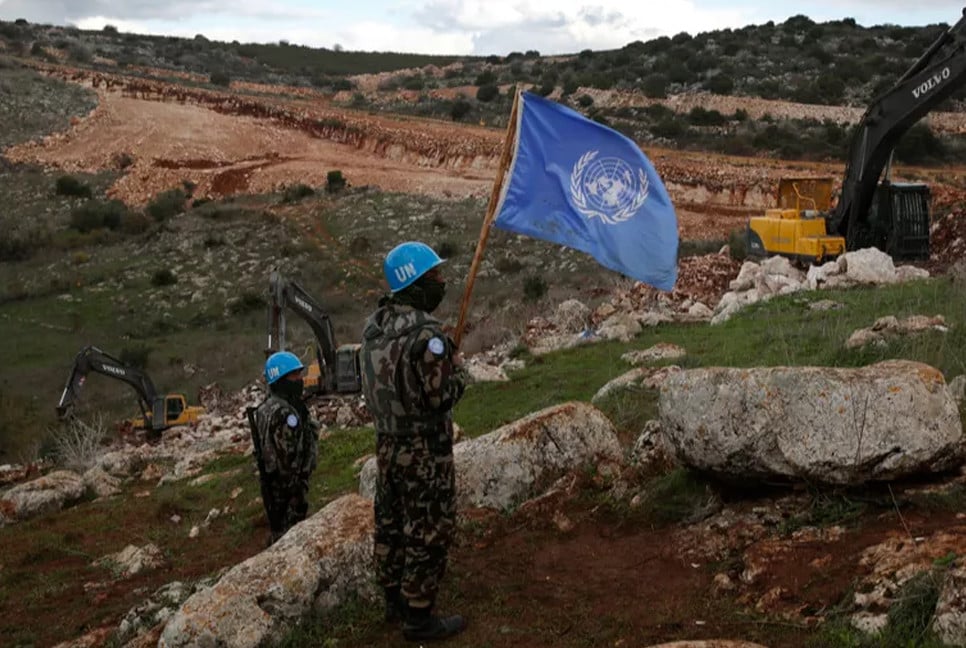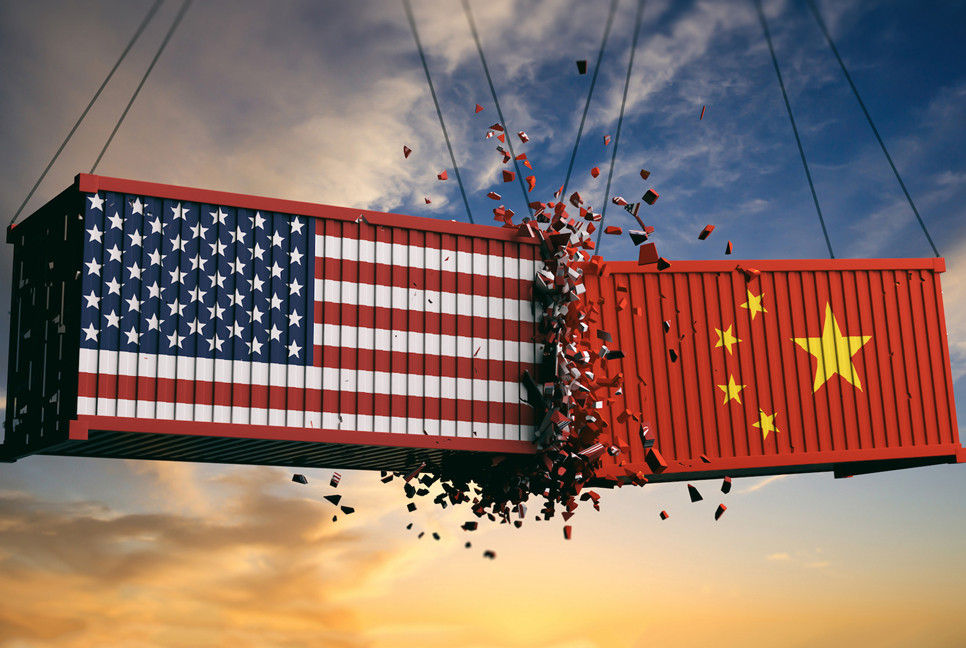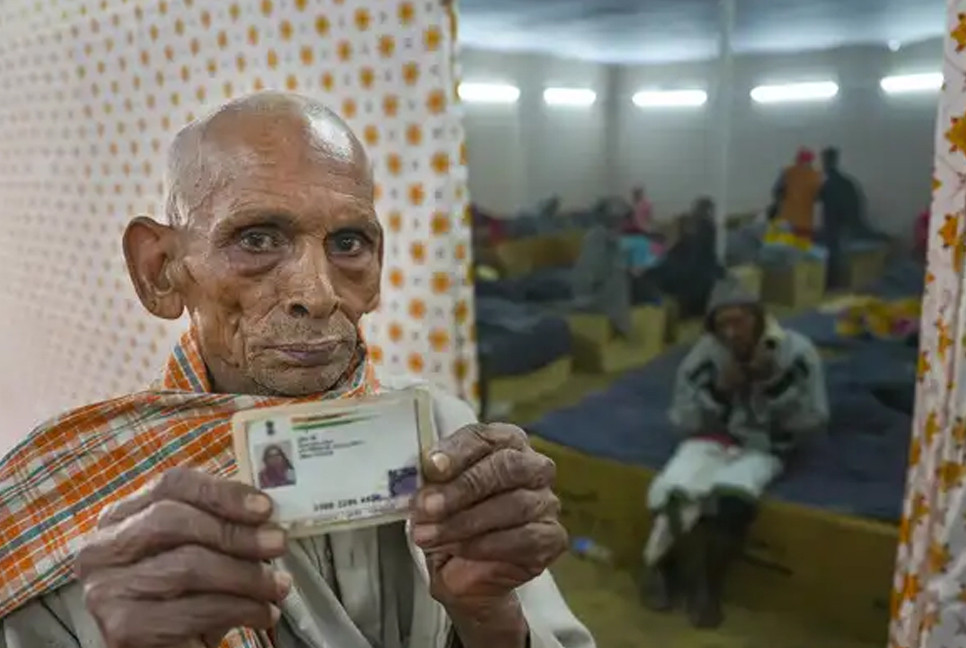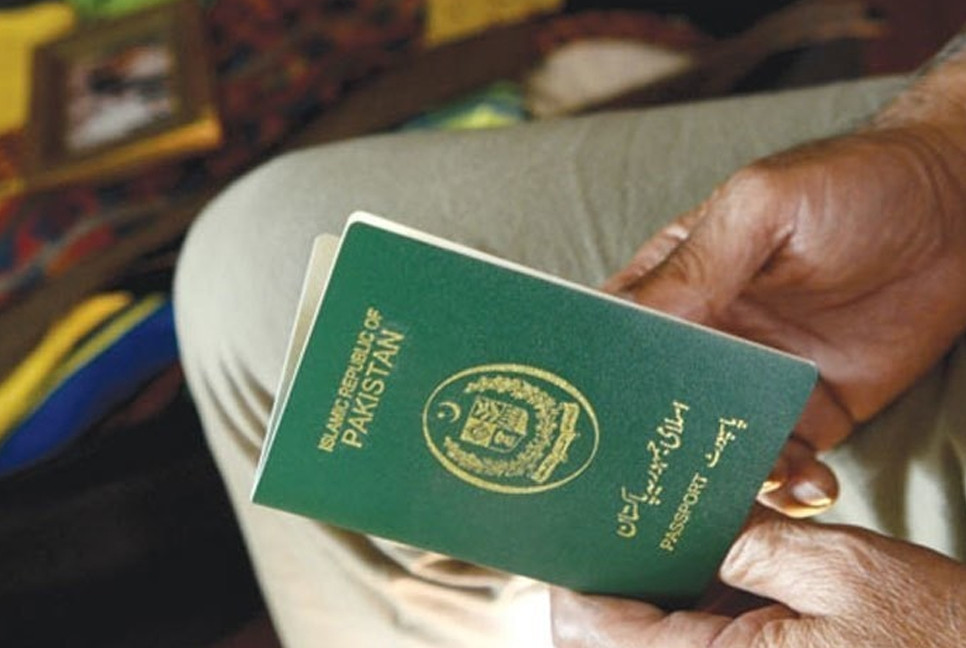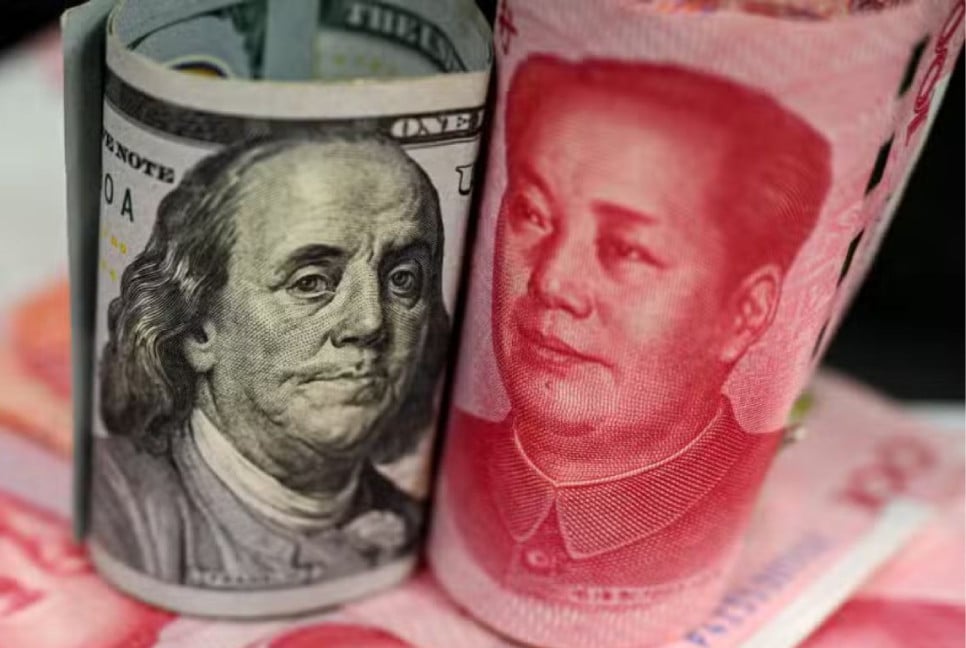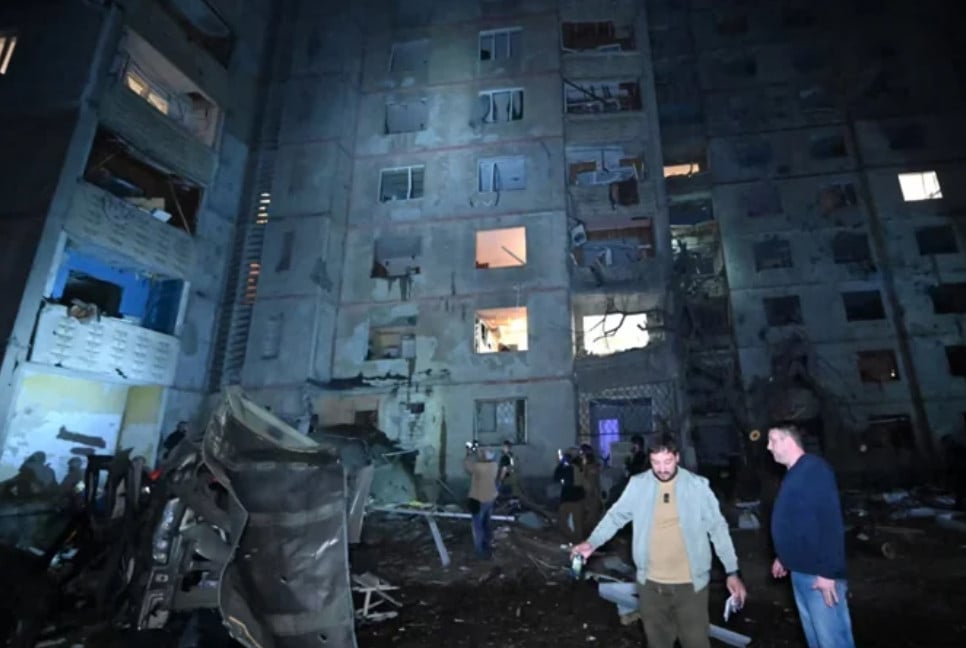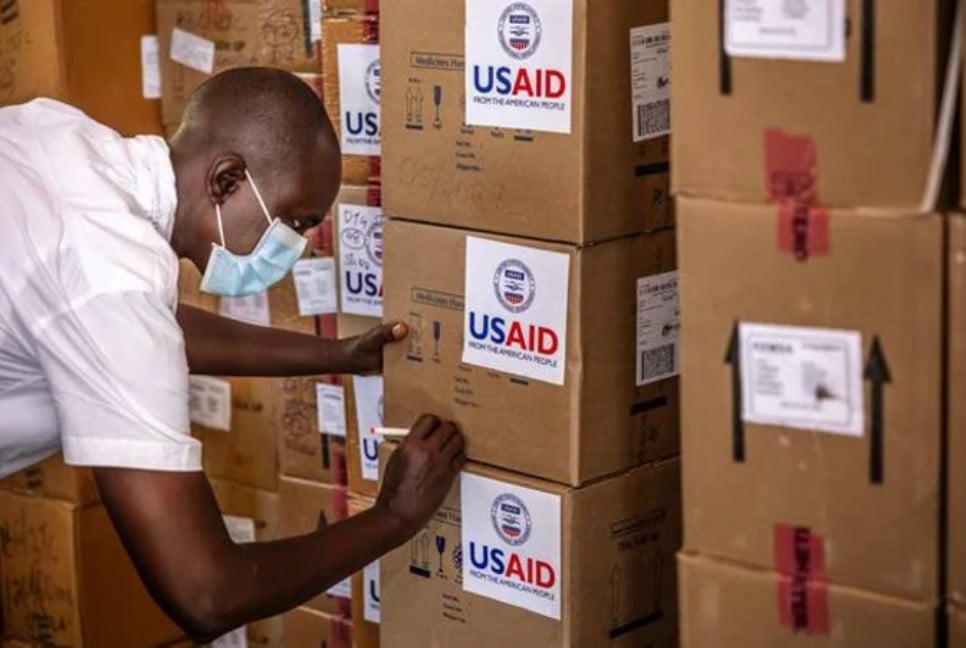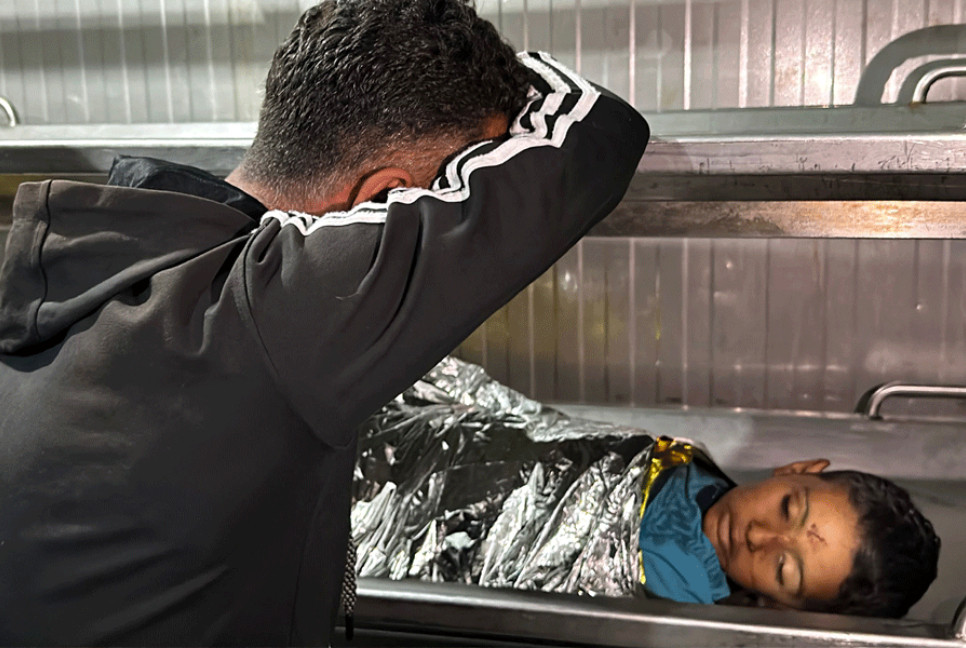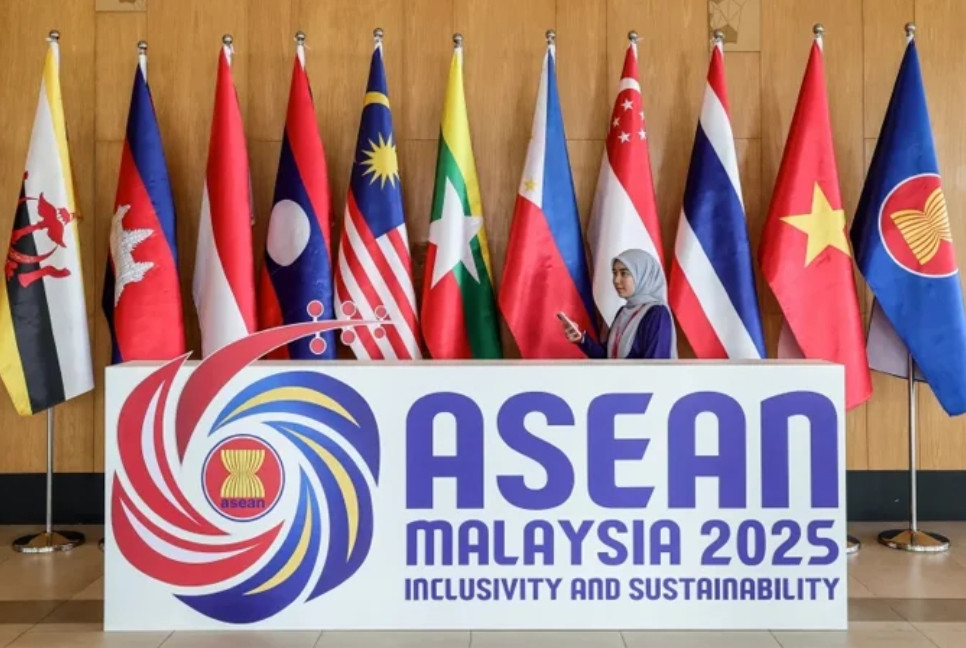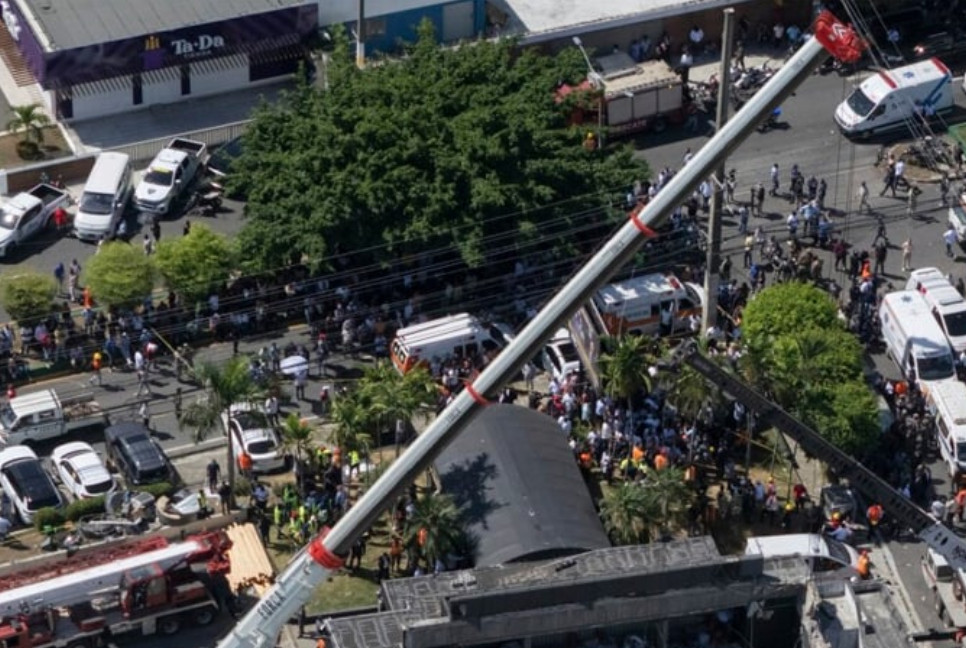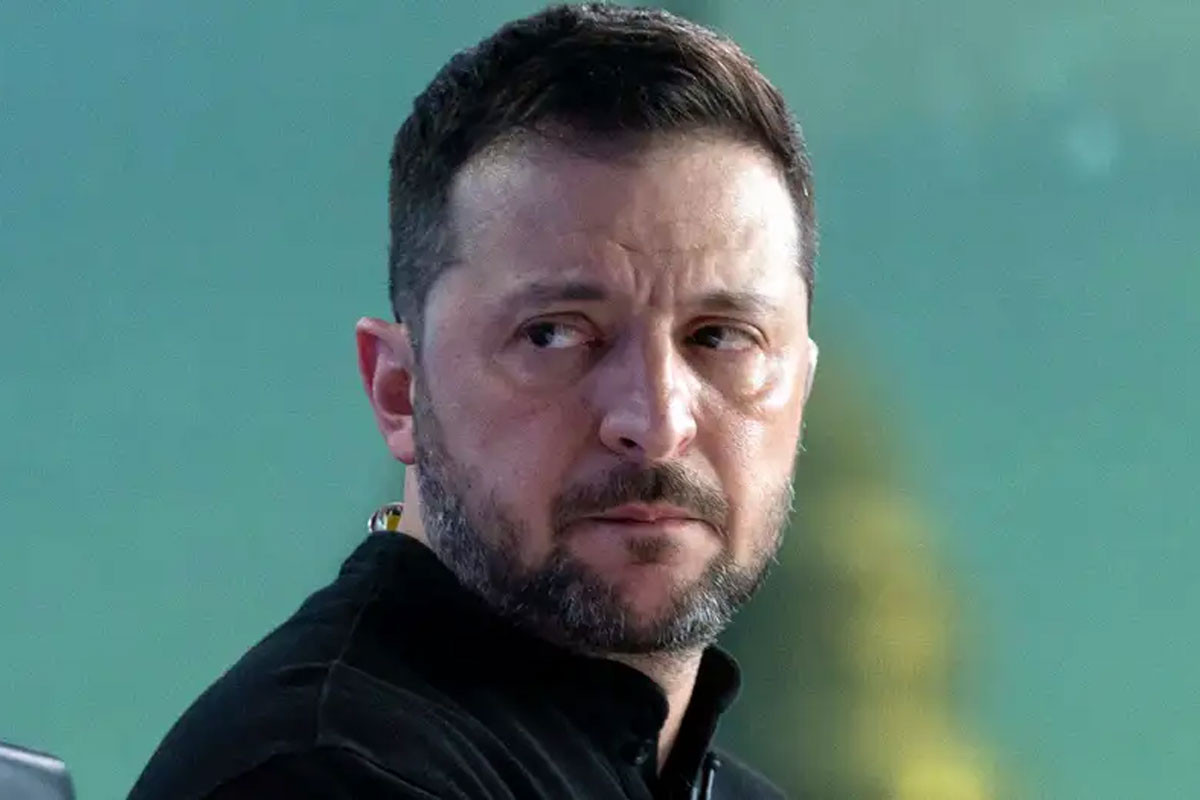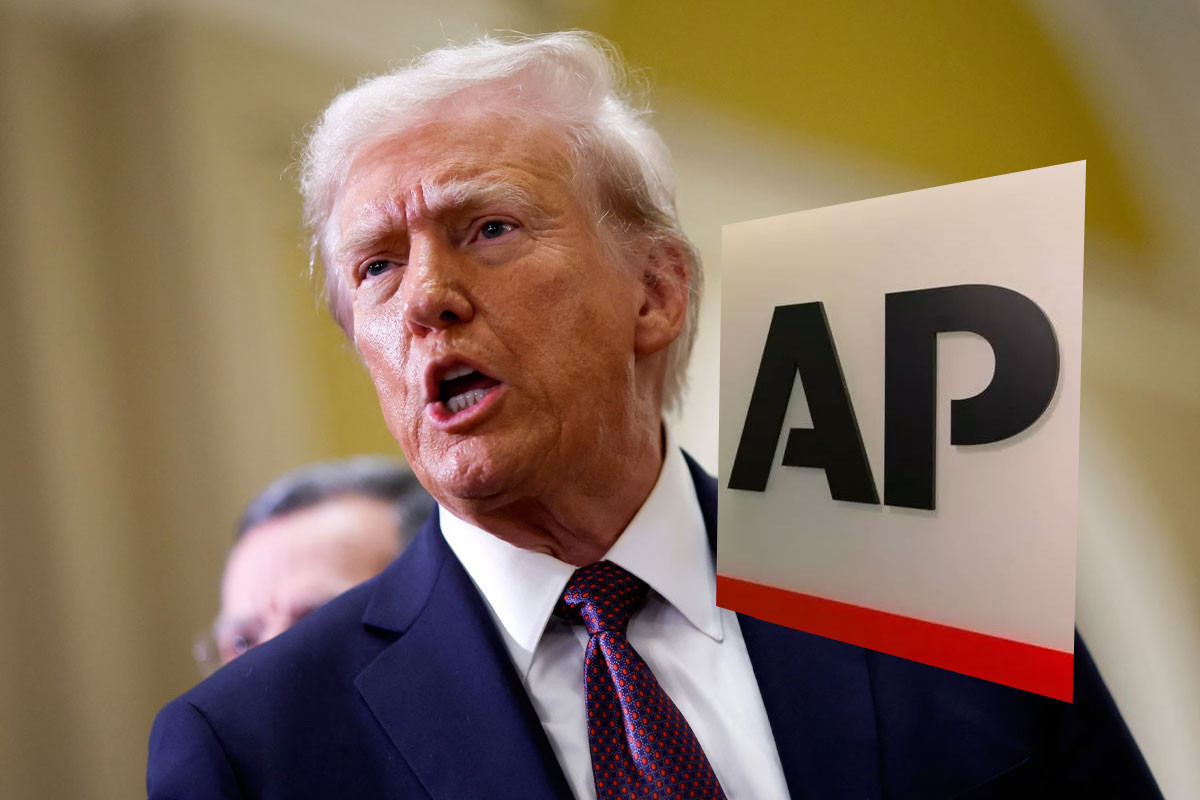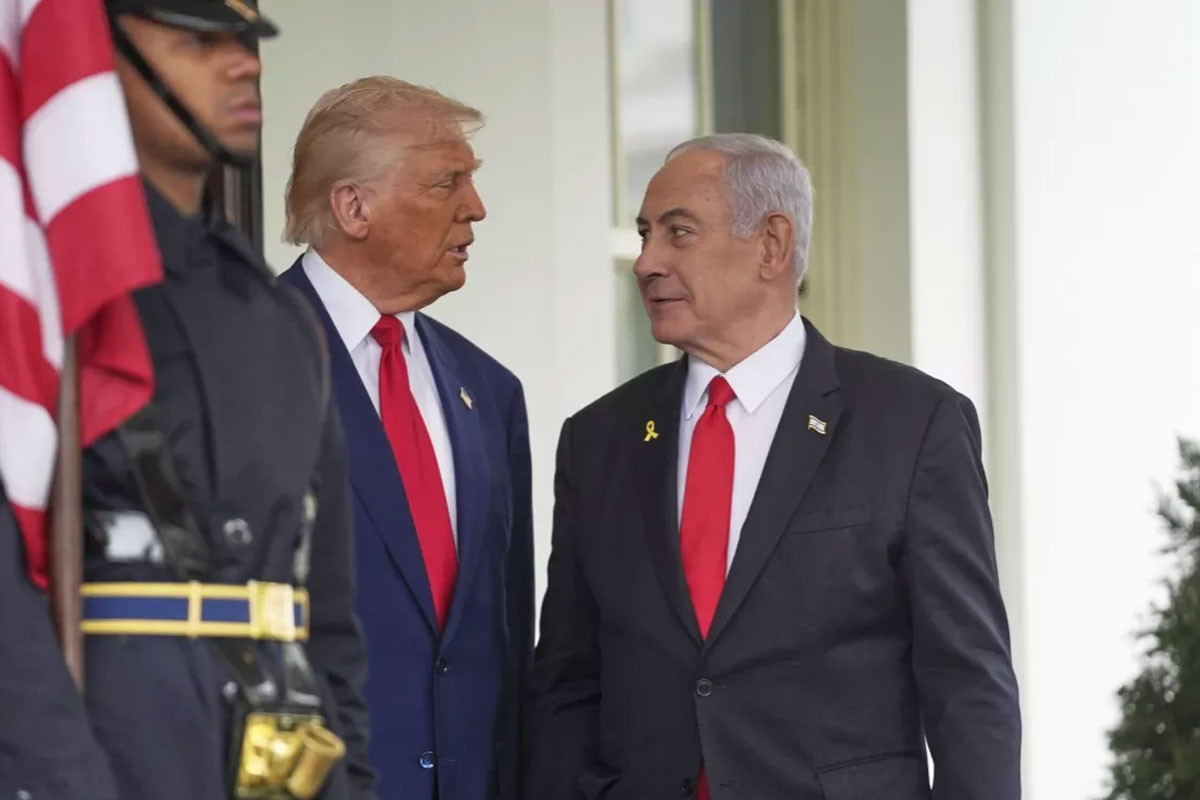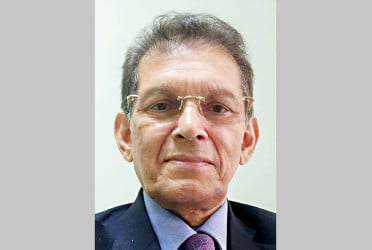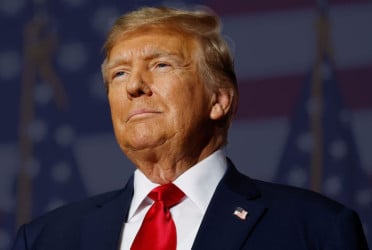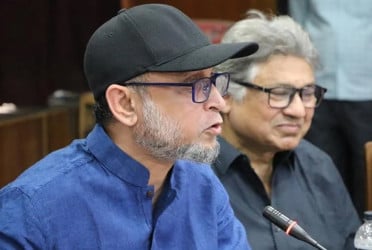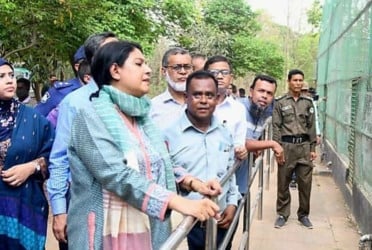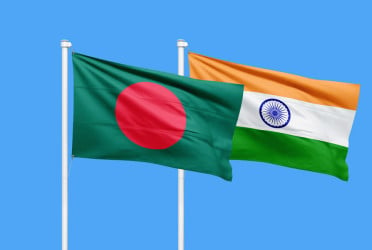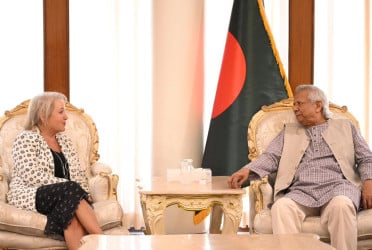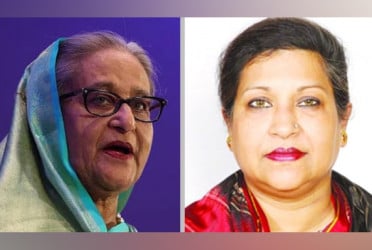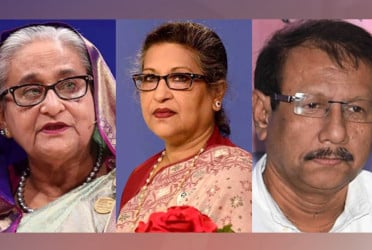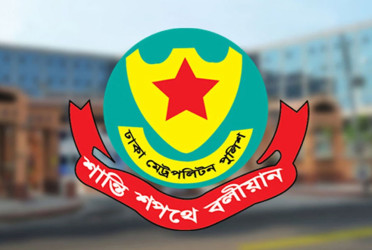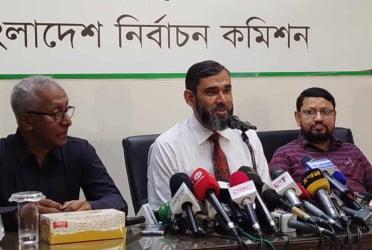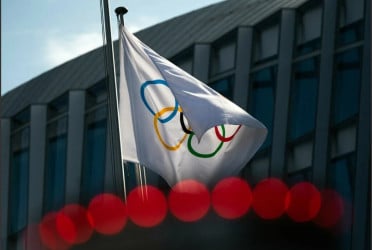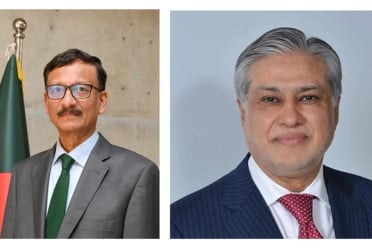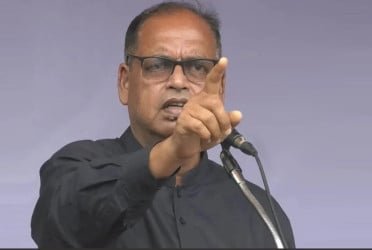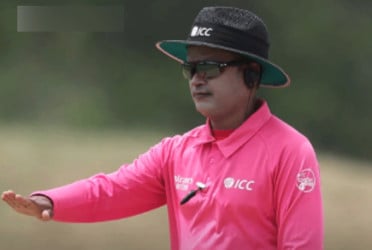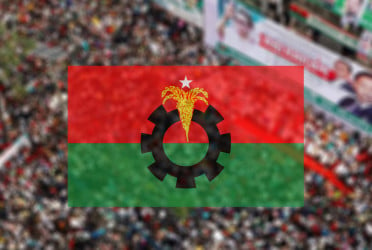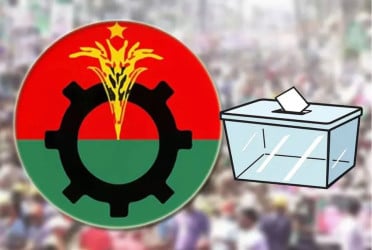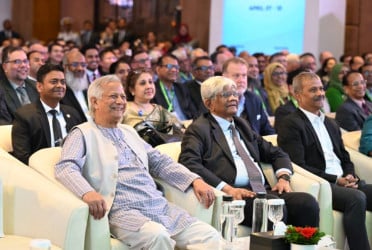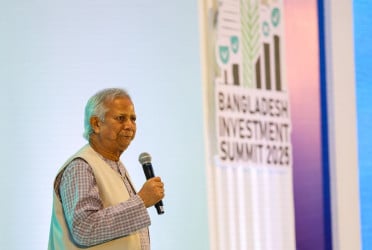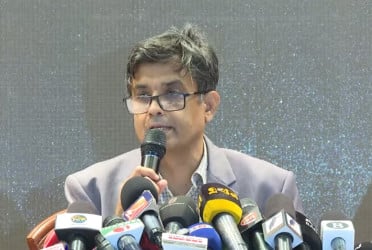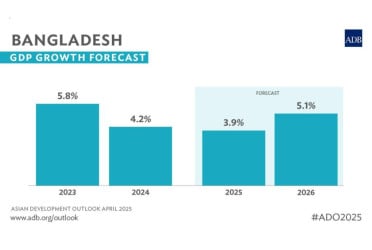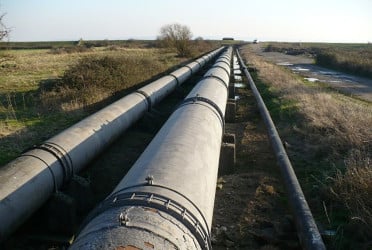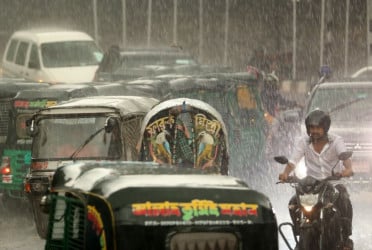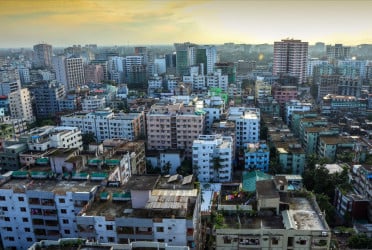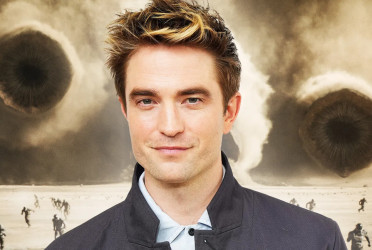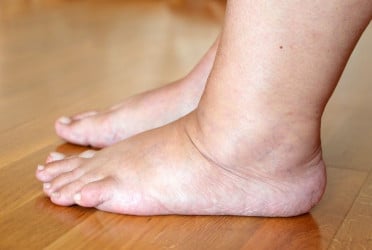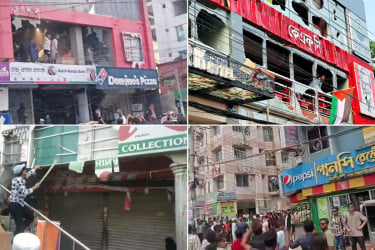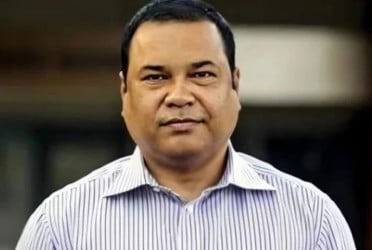The UN peacekeeping mission in southern Lebanon said that Israeli tanks “forcibly entered” one of their positions early Sunday, as Israeli Prime Minister Benjamin Netanyahu demanded they leave the area.
International criticism is growing after Israeli forces have repeatedly fired on U.N. peacekeepers since the start of its ground operation in Lebanon. Five peacekeepers have been wounded in recent days.
As Israel escalates its ground invasion against Hezbollah militants in southern Lebanon, the 10,000-strong peacekeeping force is increasingly in the crosshairs, highlighting its fragility, reports AP.
Relations have worsened between Israel and the United Nations over the way Israel has conducted its war in Gaza. In an unprecedented move, Israel earlier this month said the U.N. secretary-general was persona non grata in Israel, signaling a new low.
On Sunday, Netanyahu called for UNIFIL to heed Israel’s warnings to evacuate, accusing them of “providing a human shield” to Hezbollah.
Here’s a look at the U.N. force and the latest developments:
What is UNIFIL?
The U.N. Interim Force in Lebanon was created in 1978 to oversee the withdrawal of Israeli troops after Israel invaded and occupied southern Lebanon. Israel invaded again in 1982, and it wasn't until 2000 that it withdrew.
In the absence of an agreed-upon border, the U.N. drew up a boundary between Lebanon and Israel known as the Blue Line, which UNIFIL monitors and patrols.
The United Nations expanded UNIFIL’s mission following the monthlong 2006 war between Israel and Hezbollah, allowing peacekeepers to deploy along the Israeli border to monitor the cessation of hostilities and patrol a buffer zone along the border.
The force currently has around 10,000 peacekeepers in southern Lebanon drawn from around 50 countries. They patrol, monitor and report violations of U.N. Security Council Resolution 1701, which ended the 2006 fighting. The force also provides support to local communities.
What are the latest developments?
Tensions have been mounting since Israel launched its ground invasion of Lebanon earlier this month. Israel asked UNIFIL to move its personnel further north, and the peacekeeping force refused.
On Thursday, UNIFIL said an Israeli tank “directly” fired on its headquarters in the town of Naqoura, knocking down an observation tower and injuring two Indonesian peacekeepers, who were hospitalized. It said its headquarters and nearby positions “have been repeatedly hit” and that Israel “deliberately” fired on and disabled the headquarters’ monitoring cameras. It also said the Israeli army fired on a nearby bunker where peacekeepers were sheltering.
On Friday, UNIFIL said new explosions hit its headquarters, injuring two peacekeepers, although it did not directly blame Israel. It also said an Israeli army bulldozer hit the perimeter of another position in southern Lebanon while Israeli tanks moved nearby.
On Saturday, UNIFIL said its headquarters in Naqoura was hit again, with a peacekeeper struck by gunfire late Friday and in stable condition. It wasn’t clear who fired.
The attacks have drawn global condemnation. Italy, which has about 1,000 soldiers deployed in southern Lebanon, and France summoned the Israeli ambassadors in protest. Italy's defense minister said the attacks were possible “war crimes.”
On Sunday, UNIFIL said two Israeli tanks broke into a UNIFIL base and later fired smoke rounds near peacekeepers in that location. It said 15 U.N. peacekeepers had skin irritation and gastrointestinal reactions. The Israeli troops requested that peacekeepers turn the lights off and stayed for 45 minutes, putting the mission in danger, the statement s
Bd-pratidin English/Lutful Hoque

